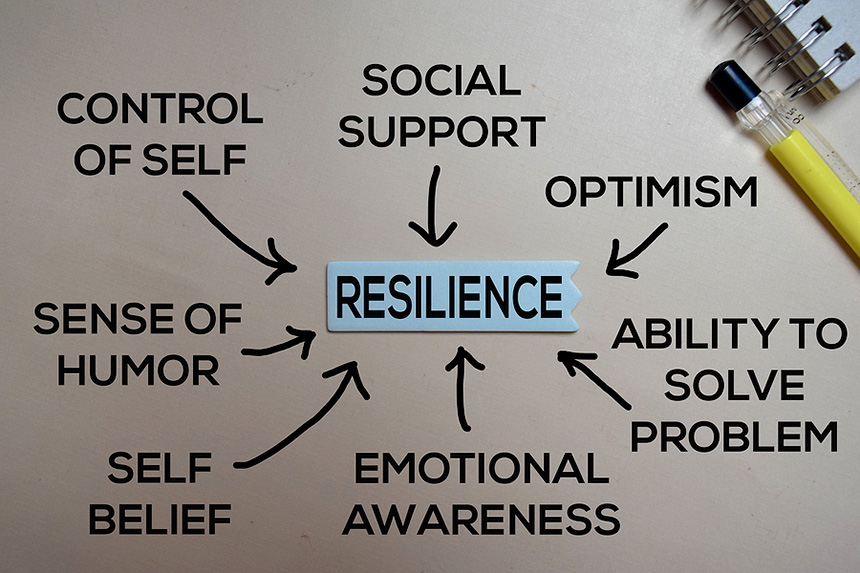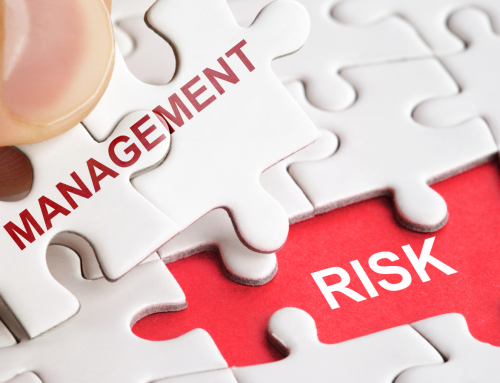According to a report from Medibank, almost 5 million Australians report feeling stress caused by job pressure and an overload of tasks at work. A modern workplace is often highly demanding with constantly connected work cultures where the risks of burnout are widespread. Given that the frenetic pace of modern workplaces is unlikely to change, it’s more important than ever to help your team navigate workplace challenges more successfully.
Why is resilience important and why does it play a crucial role in modern work cultures? Why do some employees thrive in the face of challenges while others panic and withdraw into themselves?
Resilient employees bounce back after being challenged in the workplace. Employees with high resilience skills are also invariably able to use failures as learning experiences and have the ability to move forward positively from them.
Cut-throat competition and unrelenting corporate pressures have made it difficult for employees to discuss difficulties coping. Factors that threaten resilience are many including poor managerial support, bullying and constant introduction of new technologies or processes. Discussion around feeling challenged in the workplace still comes with the stigmas of incompetence or of just not trying hard enough so employees are often reluctant to seek help. It is known that only some 4 – 7 percent of employees seek help from the Employee Assistance Program (EAP), despite the fact that at any time some 20 – 30 percent of employees are struggling.
Resilience Skills Help Mitigate Stress
Resilience skills are crucial to combat stress, which is identified as the number one psychological hazard in the workplace. Developing strong resilience skills helps maintain a healthy connection between exposure to stress and the ability to cope.
Becoming resilient also helps employees adapt to new situations, develop flexibility and learn from challenging experiences. Resilient employees will ask for help when they need it rather than becoming overwhelmed. Director of Psychological Services at Wesley Hospital, Dr John Kearney, suggests that low resilience is one of the major factors that affects the mental and physical wellbeing of employees. Lack of coping ability impacts not only a person’s work-life but the effects often spill over into their social and personal relationships too.
Lack of Resilience Forces Employees to Feel Helpless
Undeveloped resilience results in increased sickness in the workplace, employee absenteeism and leads to low performance and productivity. In a workplace setting, resilience helps employees cope with frustrating challenges and tackle tough workloads without cracking under pressure. Reinforcing resilience skills in the workplace eliminates the notion that employees are passive recipients of stress and that they’re unable to do anything about it.
Developing these skills helps people move forward from a place in which they feel trapped. When we feel ‘stuck’ in a stressful place, the effects are often detrimental to our mental and emotional wellbeing. Today’s workplaces are often characterized by impossible deadlines, staff cutbacks and organisational change. Therefore strong resilience skills can help a person to survive and even thrive when faced with stressful challenges.
Thankfully resilience is not a natural gift that only a few people are endowed with. It is an active process that can be developed, strengthened and reinforced with proper training. Helping employees to cope and perform well under demanding workloads, resilience will assist with adapting and thriving in the face of upheavals such as staff turnovers, acrimonious meetings and hostile business rivalries.
How to Develop Resilience Skills at Work
Employees can develop these in many ways, by training to maintain a set of positive attitudes, behaviours, actions and thought patterns, such as:
- Keeping difficulties in perspective to avoid turning a problem molehill into a mountain in their minds.
- Viewing problems as learning experiences and practicing optimism to focus on a solution rather than the problem.
- Breaking down large tasks into smaller, more manageable chunks and recognising when it is important to ask for help.
Other empowering strategies could include prioritising employee wellbeing, monitoring workloads, promoting an open, fair and friendly office environment, offering flexible work arrangements and encouraging honest communication.
At ESN, we are happy to leverage our extensive experience in human resources and corporate psychology to benefit your organisation. Our team can help your employees to create positive work practices aimed at improving resilience. We provide proven strategies that help develop and reinforce skills through our training programs on resiliency, peer support and managing psychosocial hazards.
Please contact us for more information regarding our comprehensive range of consulting and training services.
Article References:
https://www.sbs.com.au/news/why-australians-are-more-stressed-than-ever
https://www.headsup.org.au
https://www.apsc.gov.au/15-building-resilience
https://www.comcare.gov.au/promoting/Creating_mentally_healthy_workplaces





